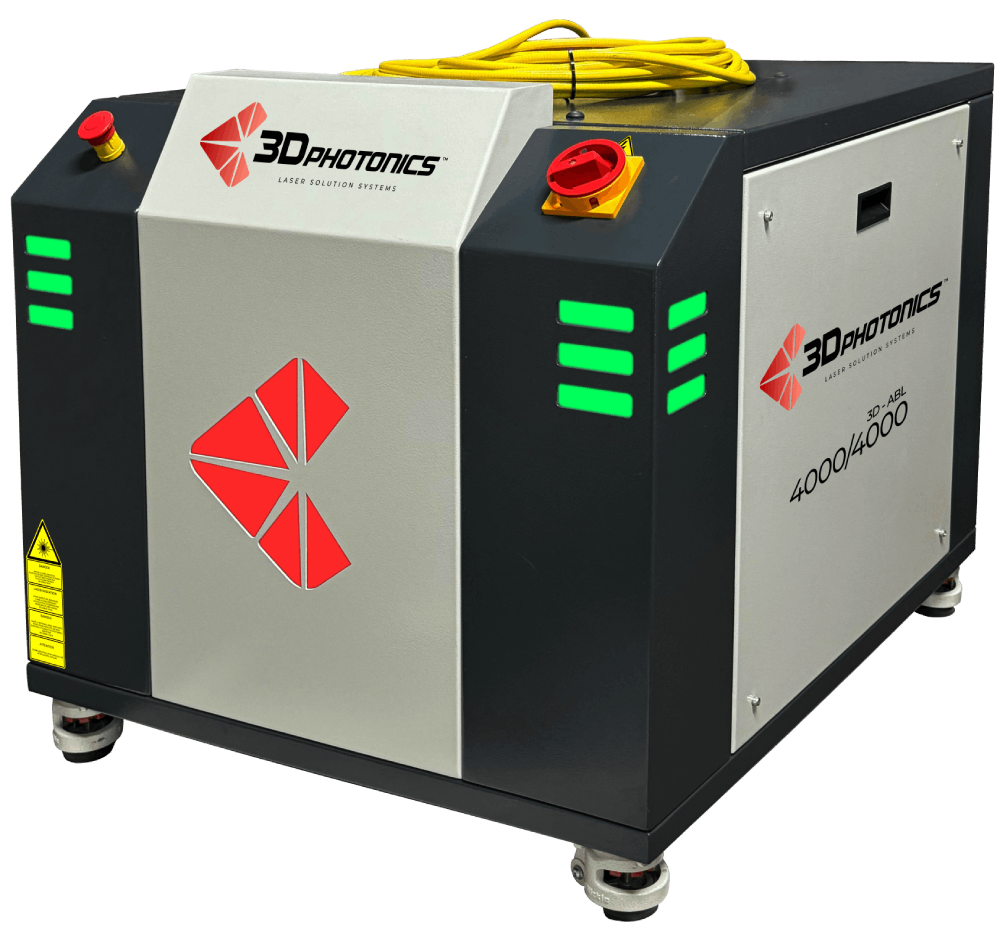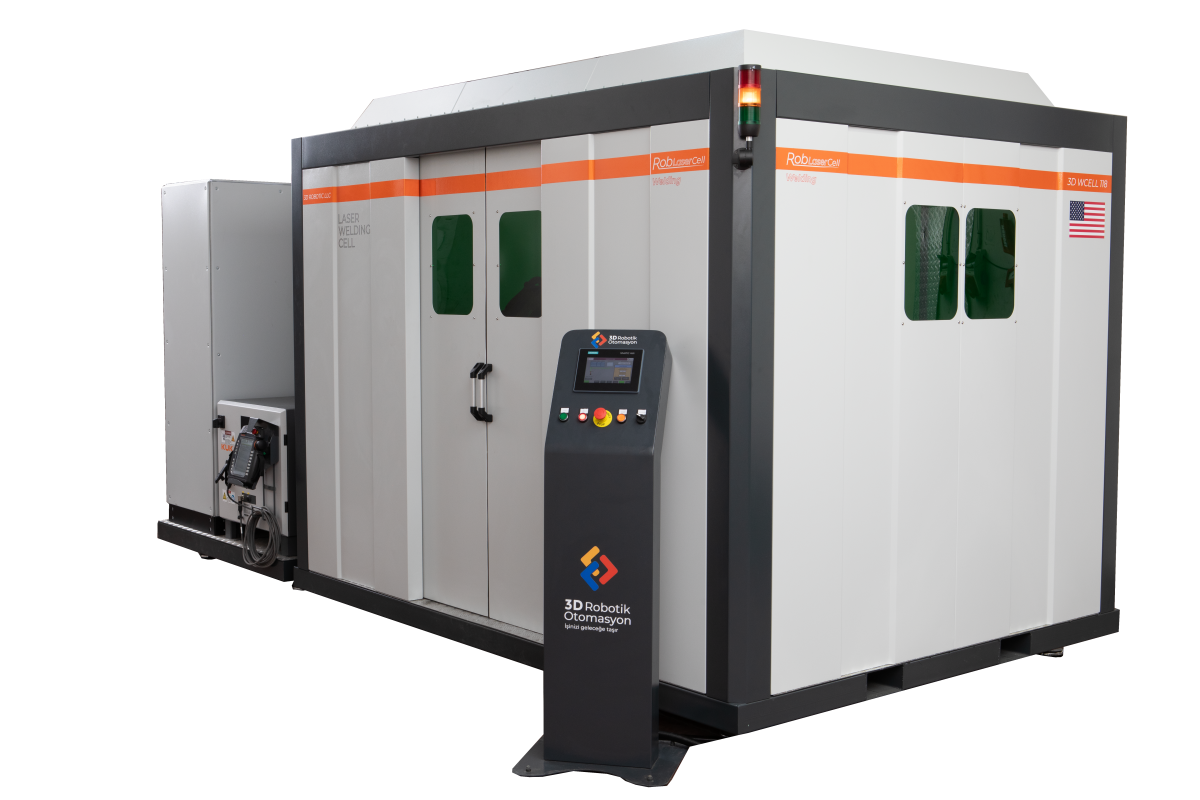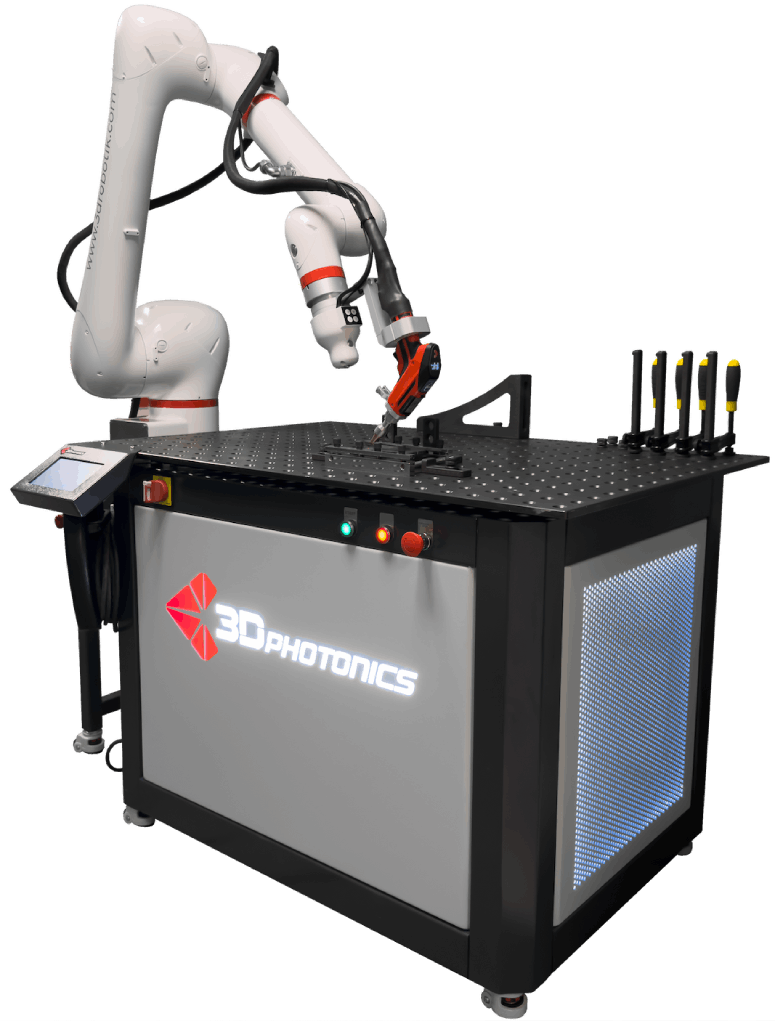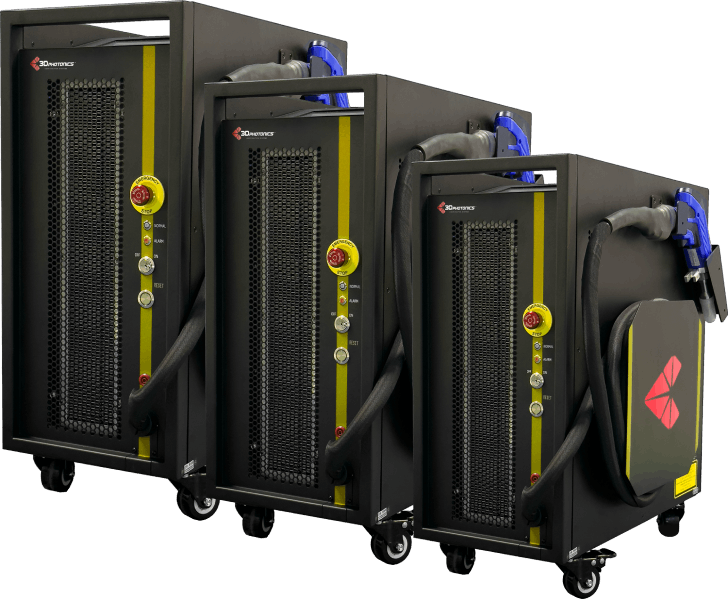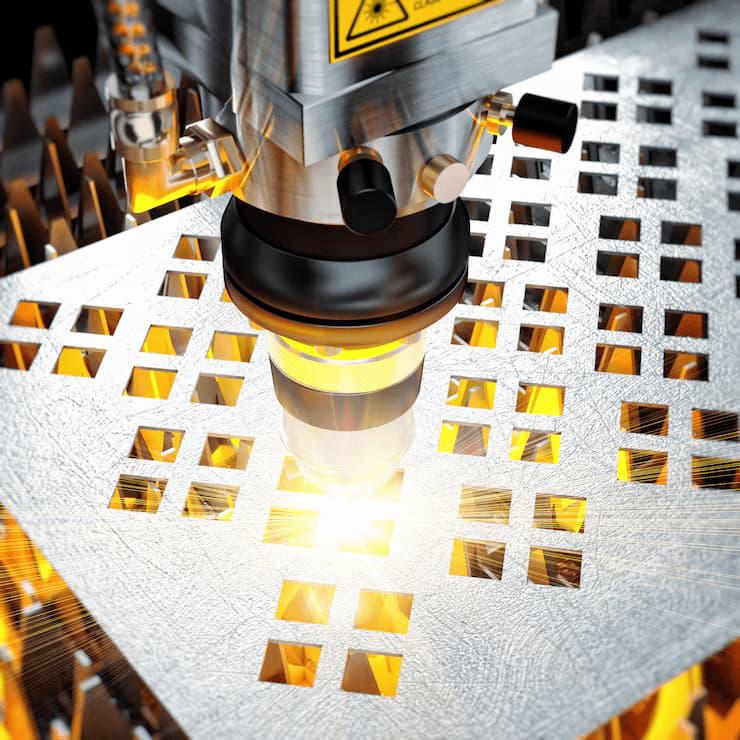
In today’s fast-paced manufacturing world, success depends on the seamless blend of speed, quality, and precision. Enter laser systems—no longer a luxury for large industries but a necessity for small and mid-sized manufacturers as well. So how do laser technologies enable high-precision production?
What Are Laser Systems and Why Are They Preferred?
Laser systems use focused, coherent light to perform processes such as cutting, welding, engraving, or marking on various materials. They offer unmatched accuracy, reduce human error, and speed up production cycles.
Why Laser Systems Enable Precision
- Micron-level accuracy: Lasers can process materials with sub-millimeter precision.
- Contactless operation: No physical contact means no wear or deformation.
- Digital control: CNC and CAD-integrated machines enable full automation.
- Repeatability: Ensures consistent output every time.
Industries Where Laser Systems Are Used
| Industry | Application |
|---|---|
| Medical | Precision manufacturing of implants and surgical tools |
| Electronics | Cutting PCBs and microchips |
| Jewelry & Watches | Engraving, fine cutting, marking |
| Aerospace | Welding of titanium and specialty alloys |
| Automotive | Part processing, marking, and welding |
How to Choose the Right Laser Machine?
- Application type: Cutting, welding, or marking?
- Material: Are you processing metal, plastic, glass, or ceramic?
- Power: Thicker materials need higher power output.
- Automation: Can it be integrated into an existing production line?
Conclusion
Laser systems are a cornerstone of precision manufacturing. Whether you're working in the medical field or producing auto parts, laser technology delivers clean, accurate, and repeatable results that help you stay ahead in a competitive market.
Frequently Asked Questions
What materials can laser systems process?
They work on metals, plastics, wood, glass, ceramics, and even textiles.
How precise are they?
Top-tier machines can achieve sub-10 micron precision depending on the material and application.
Are they difficult to maintain?
Not at all. Most modern systems have low-maintenance needs and intuitive software interfaces.
- Operator Training in Handheld Laser Welding: How It Impacts Efficiency
- Error Detection and Preventive Maintenance in Automated Laser Welding Lines
- Fume and Particle Filtration in Laser Welding: What to Know for Workplace Safety
- AI-Driven Manufacturing with Photonics: Possibilities and Applications
- Next-Generation Solutions in Industrial Laser Cooling Technologies
- Is Zero-Loss Possible with Energy-Efficient Laser Production Lines?
- Laser Marking or RFID? Advantages of Traceability Technologies
- How Do Automatic Wire Feeding Systems Work in Laser Welding?
- Deep Penetration and Thermal Balancing in Fiber Laser Welding Technology
- Fast Production Advantage with Handheld Laser Welding Machines
- 5 Technical Criteria Defining Quality in Laser Systems
- How to Improve Energy Efficiency with Laser Welding?
- Photonics and Automation: Your Guide to Smart Manufacturing
- Product Protection Against Counterfeiting with Laser Marking Systems
- Can Handheld Laser Welders Reach Tight Spaces?
- Choosing Industrial Laser Systems: Power, Efficiency, and Compatibility
- The Role of Cooling Systems in Laser Welding Technology
- Why is Photonics Important? A Rapidly Growing Industry in Turkey and the World
- Handheld Laser Welding: Why It's the Smart Choice for Mobile Applications
- What is Laser Marking? Permanent and Secure Tracking in Production
- Laser Welding Systems: The New Standard in Metal Joining
- Revolutionizing Manufacturing with Photonics Technology: Light that Shapes the Future
- Things to Consider When Using Handheld Laser Welding Machines
- How to Achieve High-Precision Manufacturing with Laser Systems?
- What is Handheld Laser Welding? How Portable Power Transforms Industry
- 3D Photonics Successfully Unveils ABL-SM Laser Series at AMC 2025!
- 3D Photonics Named Platinum Sponsor at AMC 2025 Conference
- Why Choose 3DPhotonics? Strong Technology Partnership for Your Projects
- From Education to Industry: Fields Covered by Photonic Technologies
- Is Sustainable Production Possible with Laser and Photonic Solutions?
- Is Micron-Level Processing Possible with Lasers? How It's Achieved
- Recent Developments in Fiber Laser Technology
- 5 Key Factors That Define Quality in Optical Systems
- What Is Laser Marking? Permanent and Reliable Traceability Solutions
- Using Spectrometers in Industrial Applications
- Laser Cutting vs CNC: A Comparative Guide
- Optical Solutions in 3D Manufacturing: The Power of Precision
- The Role of Laser in the Defense Industry: Next-Generation Security Technologies
- What Are Optical Filters Used For? The Impact of Right Selection on Production
- FABTECH Chicago, September 8-11, 2025
- 3D Photonics at FABTECH 2024: Showcasing Advanced Laser Technologies for Industrial Applications
- 3D Photonics Showcases Innovative Laser Solutions at EUROBLECH 2024
- What is Photonics?
- Robot Investments Summit | 20-23 December | Istanbul
- 16. Blechexpo | 7 - 10 November | Messe Stuttgart

